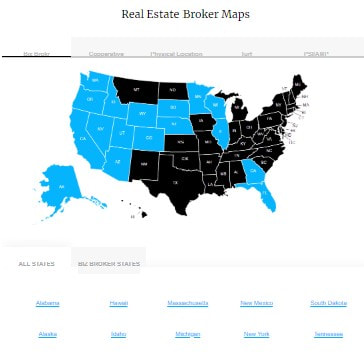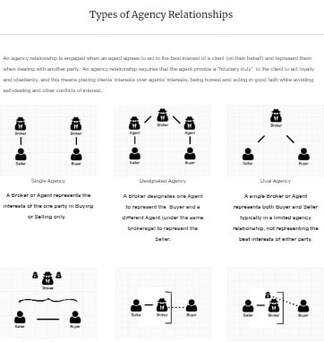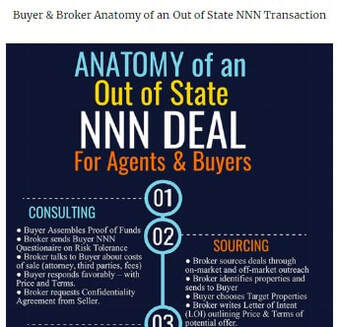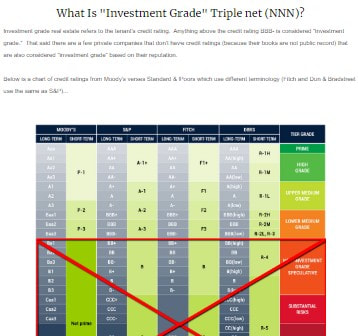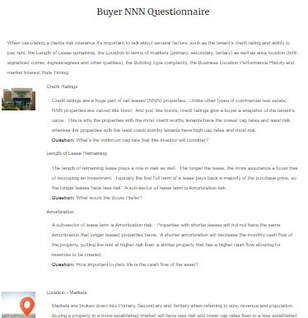If an out of state licensee wants to do a deal in a certain state without a license, they must follow the guidelines below for each type of State and on each individual state page in order to get paid legally. |
Real Estate Cooperation Definitions
OSL: An out of state licensee, i.e. one who does not hold a real estate license in the state where the subject property is located
Transaction State: The state where the property which is subject of the transaction is located
C – Cooperative State: Where legal authority, either implicitly or explicitly, allows an OSL to physically enter its physical borders (with certain exceptions or limitations which vary on a state by state basis), provided that an OSL and a licensee of the Transaction State enter into a written co-brokerage agreement which usually assigns duties and responsibilities, and addresses sharing of compensation. The statute lists requirements for a co-brokerage agreement, and also sets forth what activities an OSL may or may not perform within the Transaction State. The reader should always consult the remarks section for each state to determine what licensed services may or may not be performed in the Transaction State. “C- with limitations” indicates that an OSL’s permitted activities have limitations. Our conclusions are based on statutory interpretation, and in some states, reported case law.
PL – Physical Location State: Where an OSL may not perform licensed services on a real estate transaction while physically located in the Transaction State. The OSL may work on the deal and receive part of the commission from a licensee in the Transaction State, provided that all licensed services rendered by the OSL are rendered while the OSL is physically located in his/her state of licensure.
T – Turf State: Where an OSL may neither enter the Transaction State nor work on the transaction from his/her home state of licensure. Referral to local licensees is permitted, and referral is mandatory if the OSL is to share in any compensation. Referral fees may be paid (and negotiated) but no licensed services may be performed by an OSL on that transaction.
Transaction State: The state where the property which is subject of the transaction is located
C – Cooperative State: Where legal authority, either implicitly or explicitly, allows an OSL to physically enter its physical borders (with certain exceptions or limitations which vary on a state by state basis), provided that an OSL and a licensee of the Transaction State enter into a written co-brokerage agreement which usually assigns duties and responsibilities, and addresses sharing of compensation. The statute lists requirements for a co-brokerage agreement, and also sets forth what activities an OSL may or may not perform within the Transaction State. The reader should always consult the remarks section for each state to determine what licensed services may or may not be performed in the Transaction State. “C- with limitations” indicates that an OSL’s permitted activities have limitations. Our conclusions are based on statutory interpretation, and in some states, reported case law.
PL – Physical Location State: Where an OSL may not perform licensed services on a real estate transaction while physically located in the Transaction State. The OSL may work on the deal and receive part of the commission from a licensee in the Transaction State, provided that all licensed services rendered by the OSL are rendered while the OSL is physically located in his/her state of licensure.
T – Turf State: Where an OSL may neither enter the Transaction State nor work on the transaction from his/her home state of licensure. Referral to local licensees is permitted, and referral is mandatory if the OSL is to share in any compensation. Referral fees may be paid (and negotiated) but no licensed services may be performed by an OSL on that transaction.
|
|

